Air filters are among many components essential for the HVAC system to work effectively. In addition, clean air filters also serve tons of benefits in your home.
However, some wonder is it better to have a dirty or no air filter in HVAC? Wonder no more! We've done in-depth research to assist you, and here's what we've found below.
Using a dirty filter or not at all in your HVAC system, either cannot give you any good benefits. Besides, the HVAC renders more than just a useless machine.
It can also lead the HVAC unit to malfunction quickly, or your utility bills will surge. Our best advice is to consider your household's safety and your HVAC working efficiently.
This article covers the consequences of running your HVAC unit without a filter. We'll also teach you how you replace your air filter correctly. So keep on reading to learn these effective procedures and information. With that said, Let's jump in!
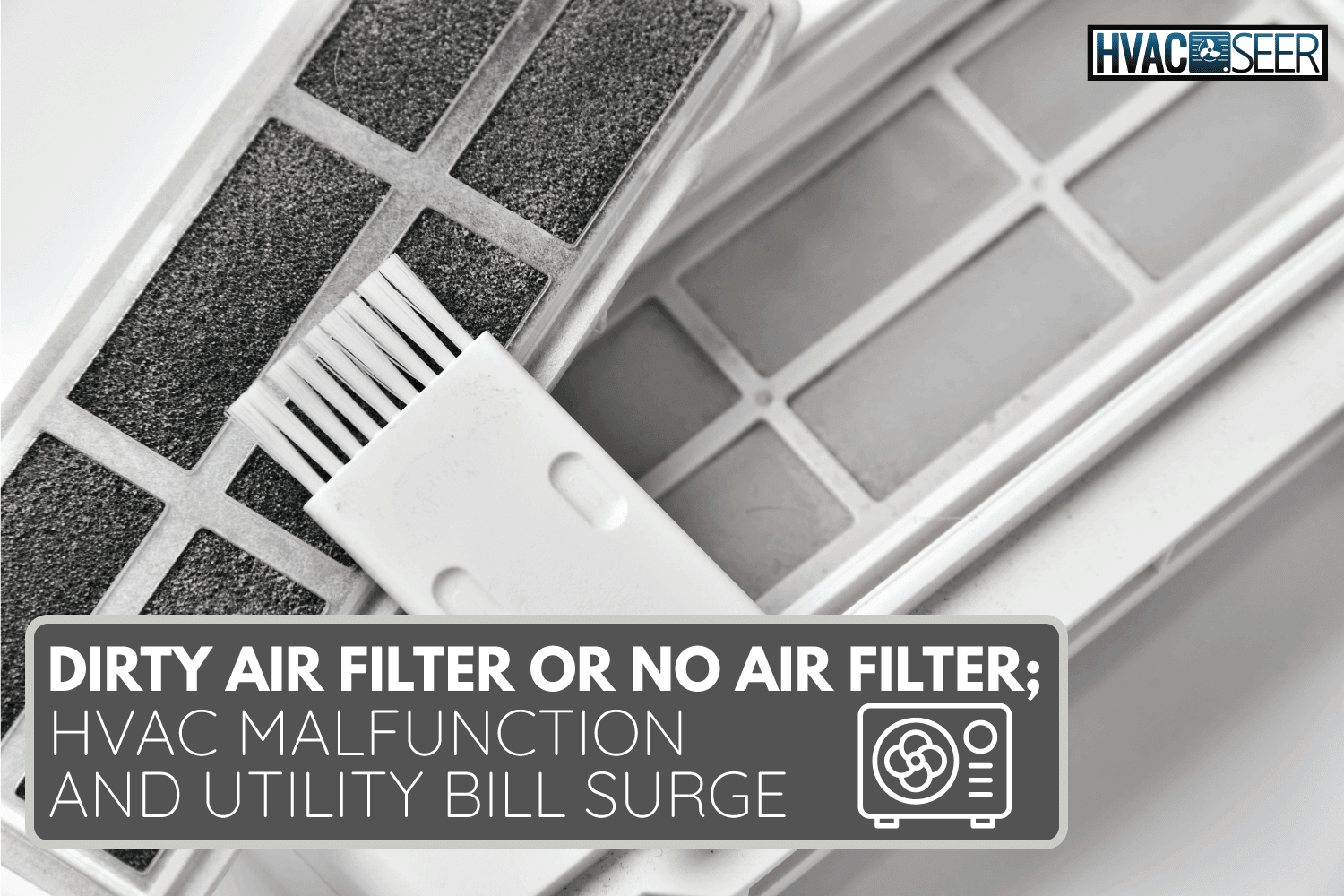
What Happens If I Run My HVAC Without A Filter?
Every HVAC system in a home or business has a filter to trap air contaminants.
So they don't circulate back into the interior rooms and cause indoor air pollution. Additionally, the filter stops particulates from harming the system.
If you don't use air filters in your HVAC system, you'll suffer the result such as the following:
Increased Health Risk
Running your HVAC without a filter can lead to many air pollutants easily penetrating your home. Did you know that In 2012, the World Health Organization (WHO) recorded a death toll of 6.5 million fatalities?
Throughout their study, about 11.6% of these deaths globally were related to indoor and outdoor pollution. The major causes of indoor air pollution include; household fuel and burning waste.
It has never been too late to act accordingly to protect your health or your family.
Broken Compressor
HVAC systems in homes and commercial need routine maintenance and cleaning to avoid damage and early failure. Dirt, dust, and even dead insect will keep developing on the condenser coil without regular cleaning and inspections.
The condenser must be clean for the air conditioner unit to extract heat that gathers in the system. The unit will keep running, but eventually, the equipment will stop working due to excessive strain when it's operating.
Evaporator Coils Will Ice Up
Without a filter, dirt and other air pollutants will mix and obstruct your evaporator coils. The coils will start to freeze since they won't be able to function correctly.
Even if you turn the thermostat to its lowest setting, your house may still feel hot because frozen evaporator coils restrict your air conditioner unit from blowing cool air.
The compressor, which circulates refrigerant throughout the system, is prone to malfunction. Thus, you will spend an unnecessary repair cost in the process.
Poor Indoor Air Quality
Without a filter, an air conditioner will badly impact the air quality inside a house and possibly cause the disease to spread or develop into allergic reactions.
These include irritations of the eyes and skin; it also triggers respiratory conditions like asthma. According to research, the air in many houses and commercial buildings is dirtier than the air outside.
This is a worrying issue considering that most individuals spend about 90% of their time indoors.
Less Efficiency
Your HVAC unit needs a clean and effective filtration system for the heated or cooled air to make your house spaces comfortable.
Since the filter removes contaminants from indoor air before it is drawn into the system and then blows it back into the room, this ability is jeopardized by filthy filters.
Cleaning your filters can reduce air conditioning power usage by around 5%-15%.
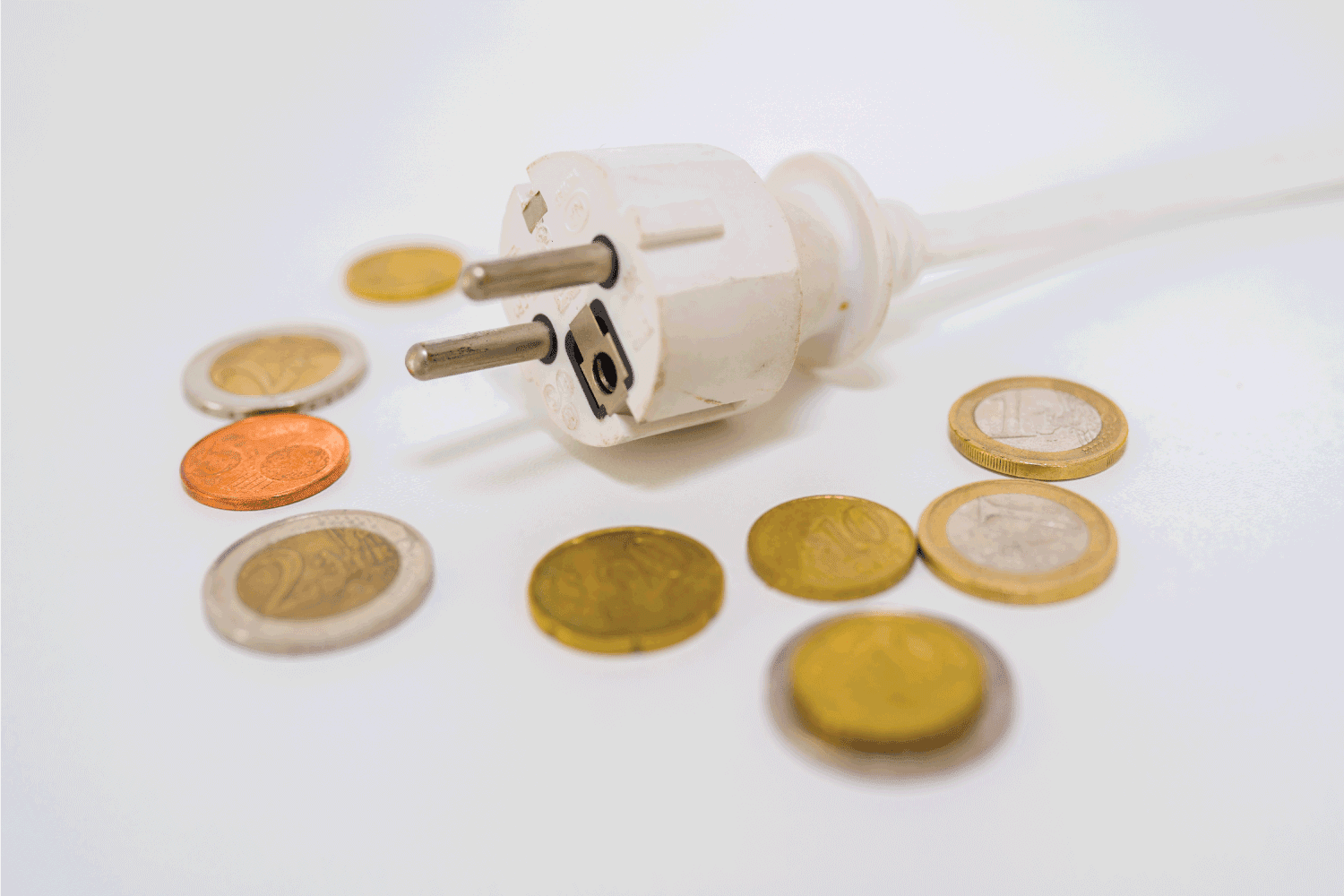
Can I Operate My AC Without A Filter?
Technically, you can still use your air conditioner without a filter. However, just because something is possible doesn't imply you should be doing this usually.
Generally, you'll be fine operating your air conditioner for around 6-8 hours of short-term operation. Otherwise, it could risk your air conditioner unit if you practice doing this for such a long time.
It is best to remember that the filter is the sole component capable of catching any air pollutant inside your house. Operating the air conditioner without a filter is never a great idea.
Is It Okay To Run My Furnace Without A Filter?
In some cases, homeowners are forced to run their furnace unit in the evening without using filters should be fine. However, they suggest only doing this in the most critical situation and should not be run for over two days.
Like your air conditioner, the filter on your furnace unit also serves a vital role for your furnace to function correctly. It fights back potential airborne allergens and keeps the air quality inside your home at the optimal level.
How Often Should I Clean My HVAC Air Filter?
If you regularly change the filters in your HVAC system, your appliances will function properly, and your energy costs will be low. According to the EPA, you should clean your HVAC filters every 60-90 days.
Furthermore, cleaning your HVAC filter is a simple task yet significantly impacts your HVAC system. After all, many homeowners still forget to clean their HVAC filters.
As a result, their energy costs skyrocket and possibly cause further maintenance difficulties in the future.
What Are The Signs That An Air Filter Needs A Replacement?
There are so many indicators that your air filters need an immediate replacement. Observing your HVAC system to identify these symptoms before the whole system entirely fails is best.
We will discuss some of the common signs below:
Allergic Reaction
When your filter is dirty, most likely, you will be facing an allergic reaction to your body. This problem often occurs in elderly and young individuals, especially if they're asthma conscious.
A HEPA filter is one way to eliminate this issue besides regularly cleaning your carpet.
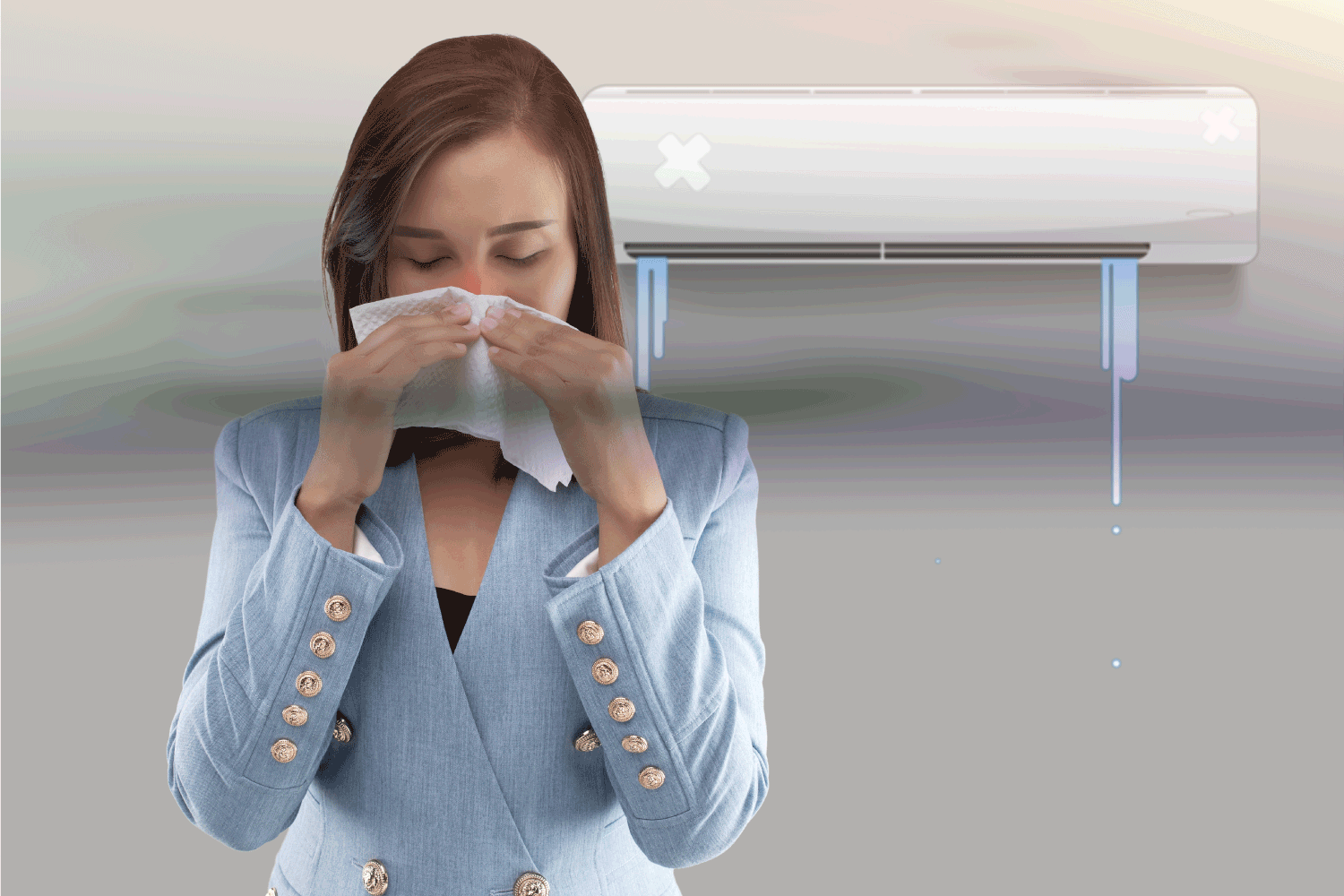
Foul Smell
These might be brought on by bacterial buildup in your home's dirty air filter. When the air goes through the filter, the system forces the odor into your house's living spaces creating an unpleasant smell.
As soon as you notice an offensive odor from your air conditioner, it needs a replacement.
AC Unit Doesn't Blow Cool Air
Filter dust jams your air conditioner, making it unable to cool your home efficiently. The filter's capacity to cool your house will lower due to dirt and dust could cause the cooling system to be much less effective.
If you observe this issue on your air conditioning unit, you must immediately replace or clean its filter.
How Do I Replace My Indoor Air Filter?
Replacing indoor air filters is one of the simplest HVAC maintenance activities that homeowners can perform. It only requires a few simple steps and doesn't need any fancy tools.
To replace your indoor air filter correctly, you'll have to:
- Search the air return vents first (usually installed in your walls).
- Properly vacuum any dirt that gathers on its cover.
- Open the access grill and remove the dirty filter.
- Before reinserting your new filter, at least make a note as a reminder for its next replacement.
- Ensure to insert the new filter base on the arrow signs where the airflow is going.
- Securely put back its cover to finish the process.
Check out this vacuum cleaner on Amazon.
NOTE: This replacement process is an easy job for you to handle. Still, we suggest contacting your HVAC specialist for a further inspection of your HVAC system.
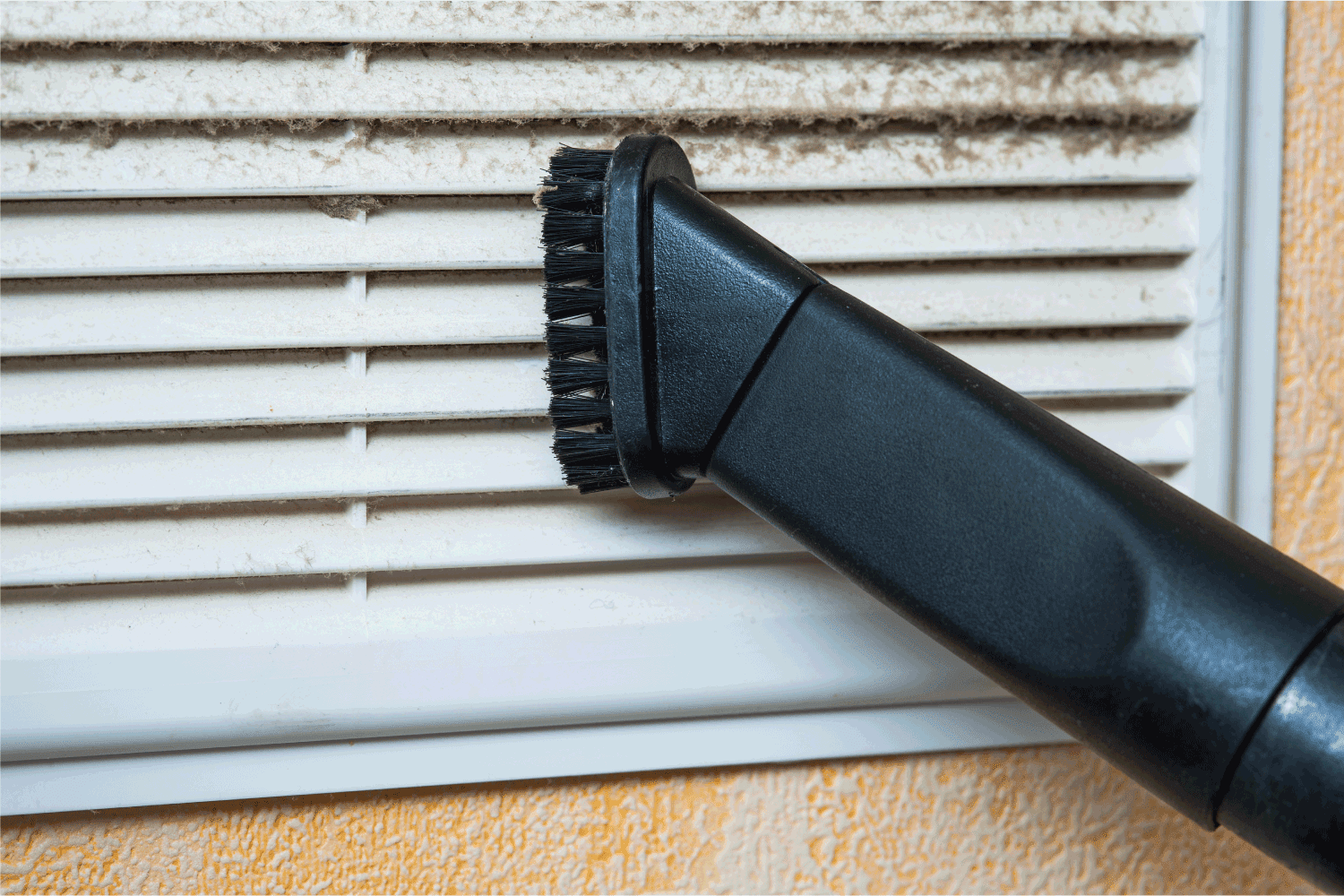
How Much Does It Cost To Replace HVAC Filters?
The air filter replacement cost in your HVAC system could range from around $40. This is so reasonable compared to spending a thousand dollars to purchase a new furnace unit.
NOTE: Its cost will vary on what type of filter your HVAC unit has and depending on your local market price.
Follow this link to see a filter on Amazon.
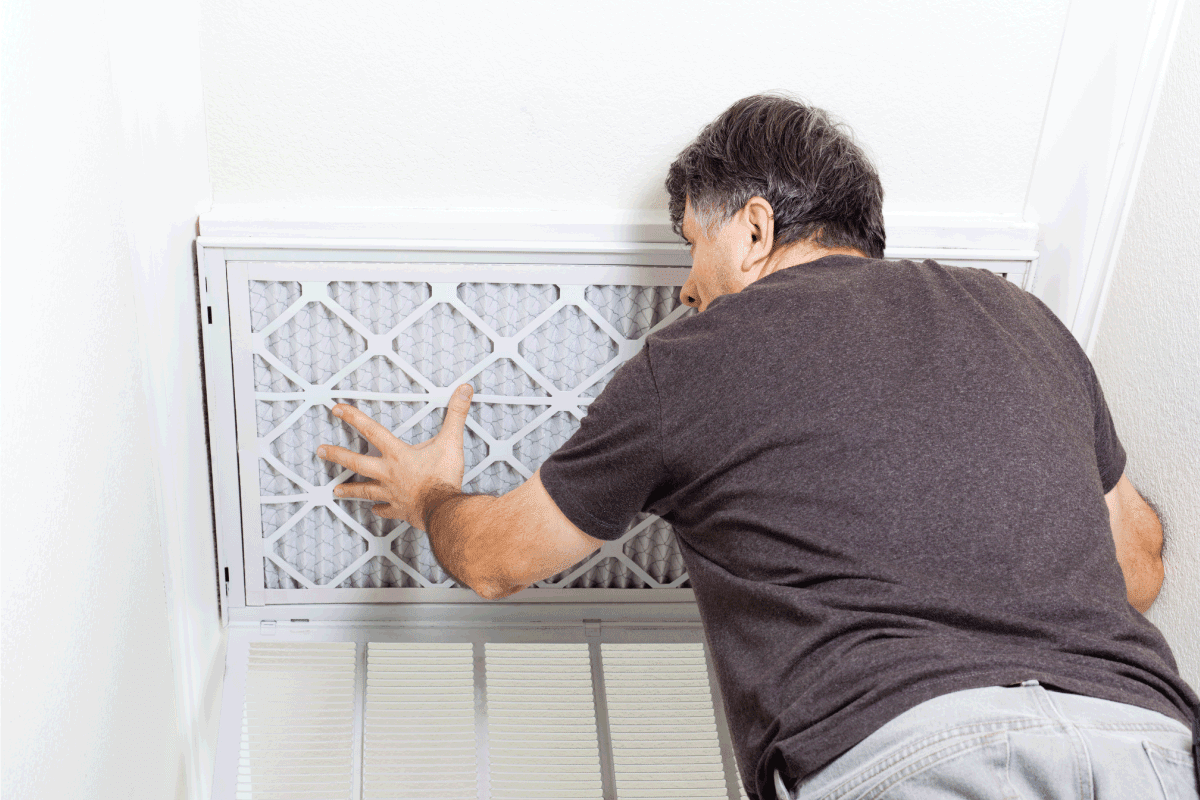
To Finish Up
The HVAC system's air filters offer several benefits and safety precautions. It prevents air pollutants from reaching inside your house and causes health issues and serious damage to your HVAC system.
Operating your HVAC unit without a filter caused the system to work less effectively. It's our pleasure to provide you with this vital information to guide you on how you care for your HVAC system.
Made it this far? Check out these helpful related posts below!


